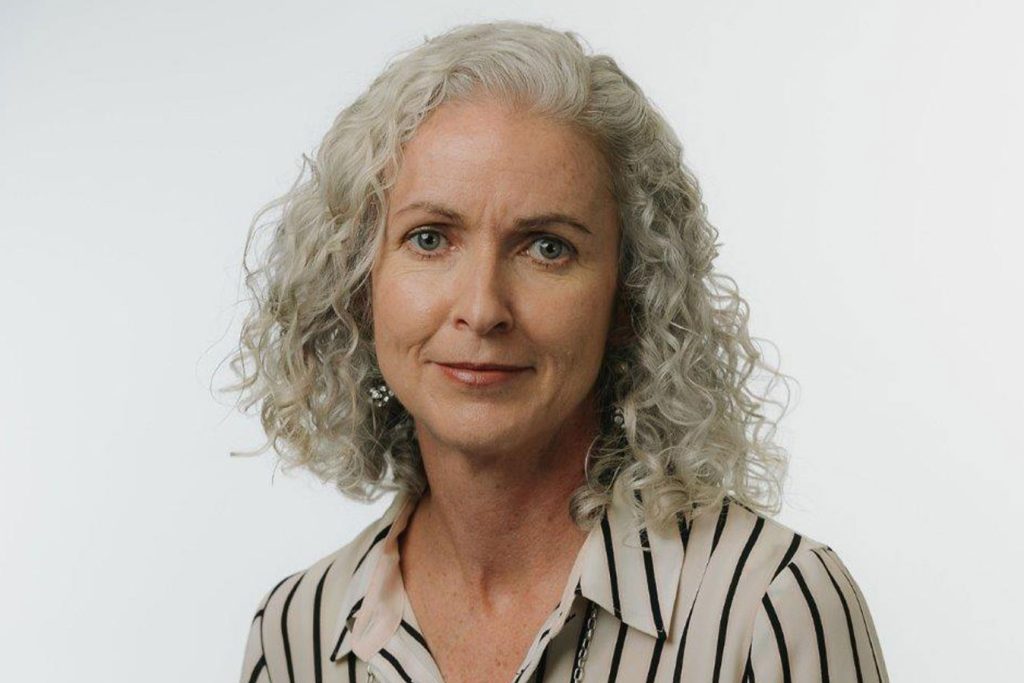Nearly 2,500 Australians have chosen to end their life using voluntary assisted dying (VAD) since it was legalised, a landmark report from advocacy group Go Gentle Australia has revealed.
Launched yesterday at Parliament House in Canberra, the State of VAD report for the first time collated and analysed official available data to provide a snapshot of VAD in practice, including who is accessing the laws and what needs to be improved.
According to the report, 5,338 Australians have applied for VAD since it was first introduced in Victoria in 2019, with 2,467 people subsequently dying from administering a VAD substance. The typical VAD applicant was aged 70-79, more likely to be a man and have a terminal cancer diagnosis. Around 4 in 5 people accessing VAD were receiving palliative care.
On average, applicants took between two weeks and a month to progress through the applications and approvals process. While around half of people approved for VAD died at home, between 30-50% of applicants who began the process do not go through with it.
Tracking the VAD workforce, the report found more than 1,200 health professionals across Australian and New Zealand have completed VAD training. Healthcare professionals are delivering compassionate, person-centred care to those who choose VAD yet more clinicians are needed to meet growing demand and heavy workloads.
The report proposes a number of reforms to improve future access, including streamlining complex bureaucratic processes, including VAD in clinical standards and guidelines, growing the VAD workforce, and producing clear guidance to individual practitioners, hospitals and nursing homes regarding their legal and ethical obligations to the people in their care.
Andrew Denton, Go Gentle Australia’s founding director, said significant progress had been made since Victorian became the first state to pass a VAD law back in 2017.
“But there is more work to do,” highlighted.
“The Northern Territory is still to pass a law and we must ensure no one is left behind. There is also the business of making services as accessible as possible for those who need them. We must never forget who these laws were written for – terminally ill people who are suffering intolerably and want some control over the timing and circumstances of their death.”

Similarly, Dr Linda Swan, Go Gentle Australia’s current CEO, said the report “paints a reassuring picture” of systems fulfilling their aims.
“The State of VAD is overwhelmingly a good news story. None of the dire predictions from opponents have come to pass and systems are working safely and with great compassion,” she said.
“Applicants are being guided by more than 1,000 VAD-trained health professionals and kind and meticulous support services. We hear many stories of health professionals going above and beyond to ensure terminally ill people and their families get the support they need.
“Importantly, around 80% of applicants are receiving palliative care which demonstrates the two care options can and do work together, offering opportunities for closer cooperation.”
Despite progress, the report suggests Australians face many barriers in accessing VAD.
For example, the report includes a joint statement signed by 17 peak health organisations, including the Australian Nursing and Midwifery Federation (ANMF), calling on the federal government to urgently amend the Commonwealth Criminal Code to allow the use of electronic communications, such as phone, email, and telehealth, in the VAD process.
Looking ahead, Dr Swan says greater awareness of VAD is essential, along with encouraging more clinicians to complete training in order to meet growing demand.
“People can only benefit from the choice if they know it exists,” Dr Swan explained.
“So-called ‘gag clauses’ in Victoria and South Australia prevent health professionals from raising the topic with patients. No other health care requires patients to know their treatment options before consulting a doctor. It runs contrary to person-centred and informed care.
“Another challenge was encouraging enough clinicians to complete VAD training to meet demand. We need to ensure health professionals are fairly remunerated and supported for their VAD work. Some VAD practitioners are working after hours and on weekends, and receiving little or no financial compensation.”









One Response
I spoke on behalf of Christians Supporting Choice for VAD at the Senate Inquiry into Senator Richard Di Natale’s VAD bill in October 2014. Afterwards, three nurses who were visiting Canberra from Adelaide came up to congratulate me for speaking up on behalf of those poor patients whose ends of life are horrific. I very much appreciated their encouragement and support.
Compassionate Nurses understand better than anyone else the need for some patients to have the right to choose a peaceful, dignified death if their illness is just too torturous.
Those of us campaigning for VAD appreciate the support of your Association, thank you!!